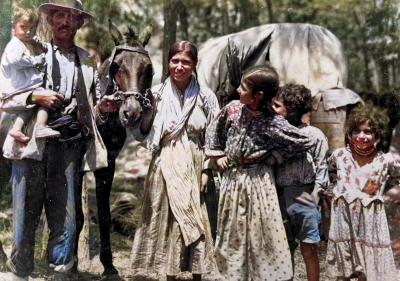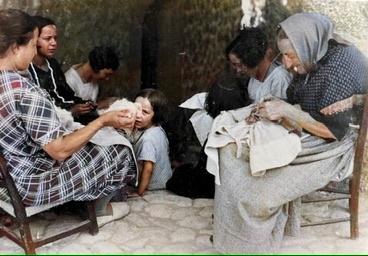What steps should families take if they want to restore or renovate a neglected family grave in Mallorca?
Similar Topics
family grave restoration
mallorca cemeteries
cemetery administration
restoration permits
professional conservators
grave repair methods
local heritage customs
historical grave preservation
If families wish to restore or renovate a neglected family grave in Mallorca, the first step is to identify and locate the specific cemetery where their ancestor is buried. Mallorca has numerous municipal and private cemeteries, each managed by different local authorities, so confirming the correct site is essential. Once identified, it is advisable to contact the cemetery administration directly to inquire about any regulations, permits, or fees related to restoration work. Many cemeteries have strict guidelines designed to preserve the dignity and historical integrity of grave sites, and securing approval prior to any renovations is a critical part of the process.
After gaining permission, families should assess the current condition of the grave by consulting with professional conservators or stonemasons who specialize in cemetery monuments. These experts can provide guidance on appropriate materials and methods for cleaning, repairing, or even redesigning headstones while respecting any cultural or historical significance. Mallorca’s climate, characterized by its Mediterranean humidity and sun exposure, can impact restoration strategies, making professional advice indispensable to ensure longevity and stability of the work.
Furthermore, it is important to approach the restoration project with sensitivity and respect towards local customs and traditions. Engaging with local heritage organizations or historical societies can provide valuable insights and support, especially if the grave has historical importance. Families might also want to document the restoration process for future generations, creating a record of their efforts to preserve family history. By carefully navigating administrative requirements, consulting experts, and honoring local practices, families can successfully restore their neglected family graves in Mallorca, ensuring that these sites remain respectful memorials for years to come.
After gaining permission, families should assess the current condition of the grave by consulting with professional conservators or stonemasons who specialize in cemetery monuments. These experts can provide guidance on appropriate materials and methods for cleaning, repairing, or even redesigning headstones while respecting any cultural or historical significance. Mallorca’s climate, characterized by its Mediterranean humidity and sun exposure, can impact restoration strategies, making professional advice indispensable to ensure longevity and stability of the work.
Furthermore, it is important to approach the restoration project with sensitivity and respect towards local customs and traditions. Engaging with local heritage organizations or historical societies can provide valuable insights and support, especially if the grave has historical importance. Families might also want to document the restoration process for future generations, creating a record of their efforts to preserve family history. By carefully navigating administrative requirements, consulting experts, and honoring local practices, families can successfully restore their neglected family graves in Mallorca, ensuring that these sites remain respectful memorials for years to come.
🧩 Related Questions
Related Question
What role do Mallorca’s geological landmarks play in the island’s cultural or historical heritage?
Related Question
In what ways do the Mediterranean’s natural resources influence the economy of Mallorca?
Related Question
What are some of the most popular festivals in Mallorca that showcase local culture and traditions?

